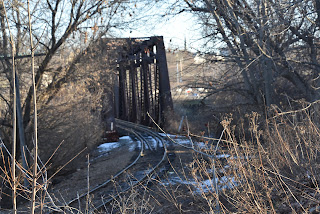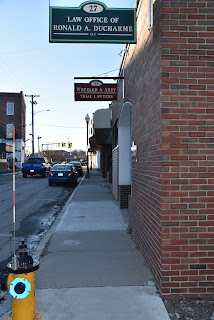A Comment about The Maine Spirit Blog
Sunday, January 30, 2022
The Story of Nelson 4209 by Young Rolfe, Dam Gretchen -- Bred & Trained by C.H. Nelson, Proprietor of Sunnyside Farm on the Oakland Road in Waterville, Maine
Click on the banner image to get a better view and then right click on the image to open in a new tab. Doing this will allow you to read each page and view images.
The Winner's Circle at First Tracks Cumberland & Hall of Fame Recipients
Click on the banner image to get a better view and then right click on the image to open in a new tab. Doing this will allow you to read each page and view images.
Horse Competitions at Maine Agricultural Fairs
Click on the banner image to get a better view and then right click on the image to open in a new tab. Doing this will allow you to read each page and view images.
Famous American Trotting Horses including Maine's Mac and Hopeful
Click on the banner image to get a better view and then right click on the image to open in a new tab. Doing this will allow you to read each page and view images.
Saturday, January 29, 2022
Incorporation Dates of Maine's Agricultural Societies
Click on the banner image to get a better view and then right click on the image to open in a new tab. Doing this will allow you to read each page and view images.
Aroostook County -- Farming with Horses in Limestone, Maine
Click on the banner image to get a better view and then right click on the image to open in a new tab. Doing this will allow you to read each page and view images.
A Lost Trotting Parks Storyboard Sampler, Finding Kingfield's Lost Trotting Park, The Aroostook War, and the Libby Family of West Buxton, Maine
When Stagecoaches Connected Mainers throughout the State and New England
Click on the banner image to get a better view and then right click on the image to open in a new tab. Doing this will allow you to read each page and view images.
Noted Maine Horses published by J.W. Thompson from Canton, Maine in 1874 -- Describing the Sires and Get in Maine Prior to 1874
Tuesday, January 25, 2022
1802 Documents Associated with the Separation of Waterville, Maine from Winslow, Maine -- Source: The Archives of the State of Massachusetts -- Links to Books with Greater Details
Author of Water Village: The History of Waterville, Maine
In
April of 1771 the English settlement at Teconnet, first called Kingfield
Plantation, was incorporated by the General Court of Massachusetts as the
fourth town in the District of Maine and re-named it in honor of General John Winslow.
Four years later, almost to the day, the first blood of the American Revolution
was spilled at the Concord Bridge.
The town’s
only real brush with war came
in the fall of 1775, when the central house of the unmanned garrison at Fort
Halifax, by then a town hall and tavern, greeted Benedict Arnold’s doomed
expedition on its faltering way to Quebec.
The river place that confounded
Arnold’s troops also hindered the governing of the growing town of Winslow. It
was difficult to collect taxes and hard to provide teachers and preachers, and
in 1791 town fathers petitioned the Commonwealth to be rid of the bothersome
west bank place they called Ticonic Village. Although the cross-river land had
never been at the center of things (the Indians used it only as a burial
ground) townspeople were reluctant to give it up, and the petition was delayed
five years while they experimented with alternating town and religious meetings
in the Lithgow meetinghouse on the east bank and at the home of Elnathan
Sherwin (Sherwin Street, later home of Silas Redington) across the river. It
was impossible. Petitioners claimed that “in the spring season, at the annual
meetings held in said Town, the Inhabitants thereof living on the opposite side
from where the said meeting is to be held are frequently prevented by the
particular situation of said River from crossing the same to attend said
meeting.”
In
1801, with 800 of Winslow’s 1250 inhabitants now living west of the river, the
ruling court was again asked to cut the town in two. At a special town meeting
on December 8, voters adopted a petition that read, in part: “That the now Town
of Winslow shall be divided through the middle of the river Kennebeck (sic) as the river usually runs across
the width of said Town” and “That part of said Town which lay on the Eastern
side of the Kennebeck shall retain the name of Winslow, and the part which lay
on the Western side be erected into a town by the name of Waterville.” On June 23, 1802, the petition was granted,
creating the new town and by local decree, a place called West Waterville
(Oakland). Waterville became the 138th township in the District of
Maine.
Tuesday, January 18, 2022
Saturday, January 15, 2022
Maine 200 Banners -- Picturesque Augusta 1890 & Historic Map and Images of Today -- Exploring Yesterday and Today! Plus The History of Augusta published in 1870
The History of Augusta,



















































